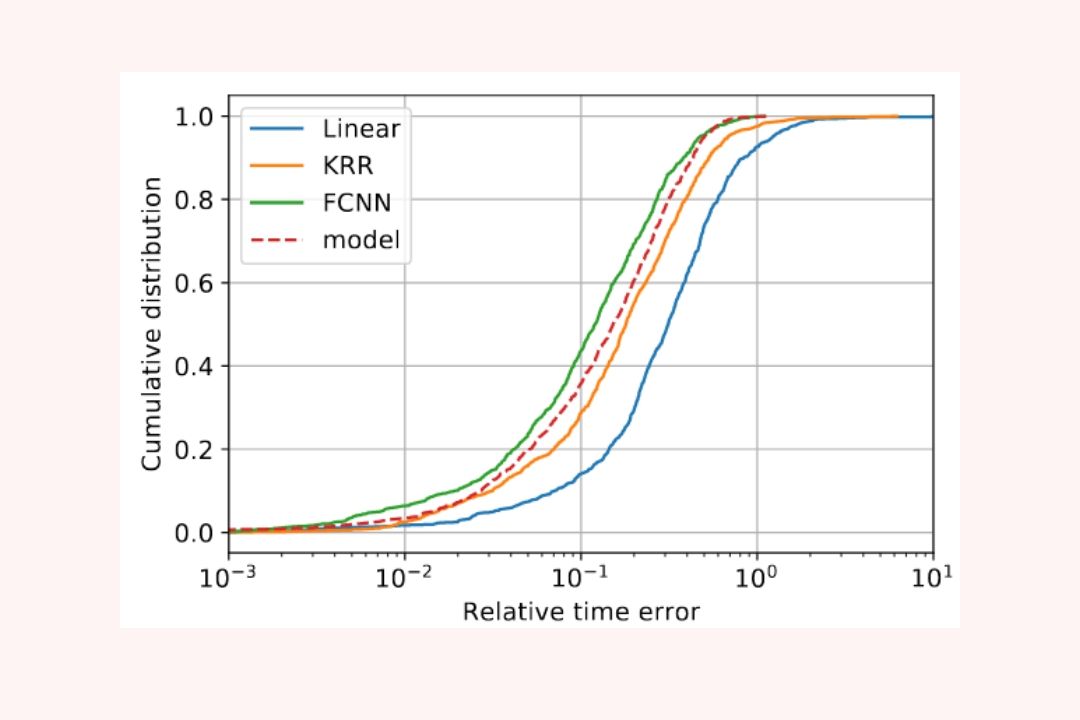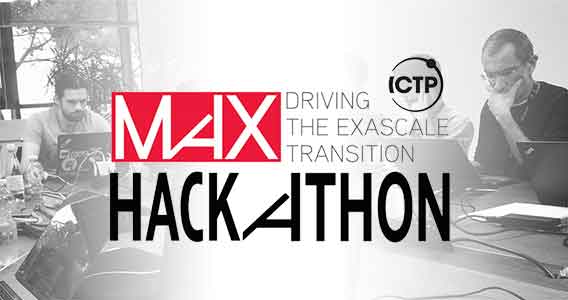Computational School on Electronic Excitations in Novel Materials using Yambo Code
The school on “Electronic Excitations in Novel Materials using the Yambo code” was held at the International Center of Theoretical Physics (ICTP) campus in Trieste from 27th to 31st January 2020. The school was sponsored by the MaX Centre of Excellence and the Psi-K network and was part of the ICTP 2020 scientific calendar, including the opportunity of a limited number of scholarships for participants from developing countries. The school aroused enormous interest as evidenced by the more than 270 applications received. Among them, 60 participants from 23 different countries were selected.
The program included theoretical lectures during the morning and practical hands-on sessions in the afternoon. In the morning sessions, the students were introduced to the theoretical formulation of different theoretical spectroscopies by means of Many-Body Perturbation Theory. In the afternoon the students were guided to the use of the MaX flagship code Yambo. The theoretical lectures were given by Yambo developers and invited experts: Prof. Stefano Baroni (SISSA), Prof. Ludger Wirtz (University of Luxembourg), Dr. Michiel Van Setten (IMEC; Leuven). An experimental talk linking the theory to experiments was given by Dr. Paolo Moras (CNR-ISM, Trieste). The hands-on sessions were guided by Yambo developers and expert users of the code; Quantum Mobile, a virtual machine environment developed in the MaX EPFL team, was adopted to run the tutorials. In particular, Quantum Mobile allowed us to have code, required utilities, and tutorials in an easy-to-use and ready-to-go virtual layer. A warm and friendly atmosphere guaranteed lively discussions and fruitful exchange between lecturers and students for the whole duration of the school. On the last day, in a dedicated session, the participants were invited to discuss with developers how to exploit the Yambo code for their research project and how to use it in the best way.
All the lectures were recorded and are now available online on the MaX Website, together with the slides of the lecturers and the tutorials. This allows the participants to revisit the material of the school at their own pace and it makes the whole school virtually accessible also to the applicants which were not selected. An anonymous feedback form was distributed after the school and the received response indicates a very high degree of satisfaction of the participants.




